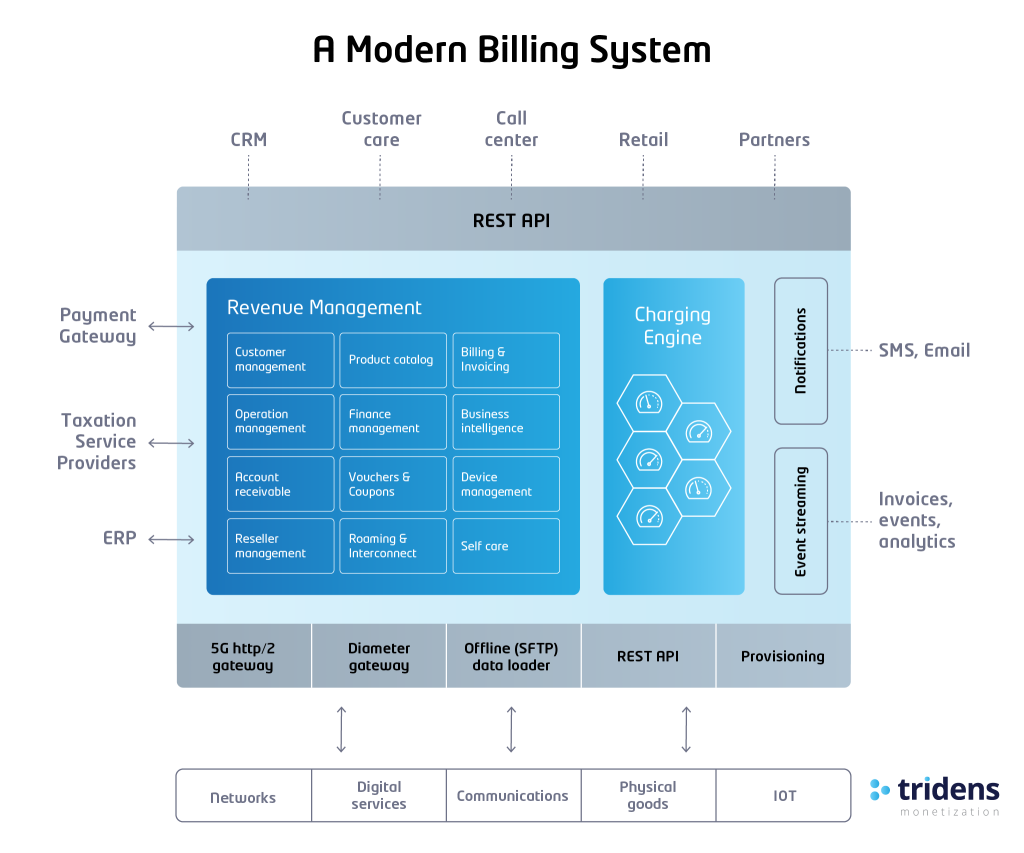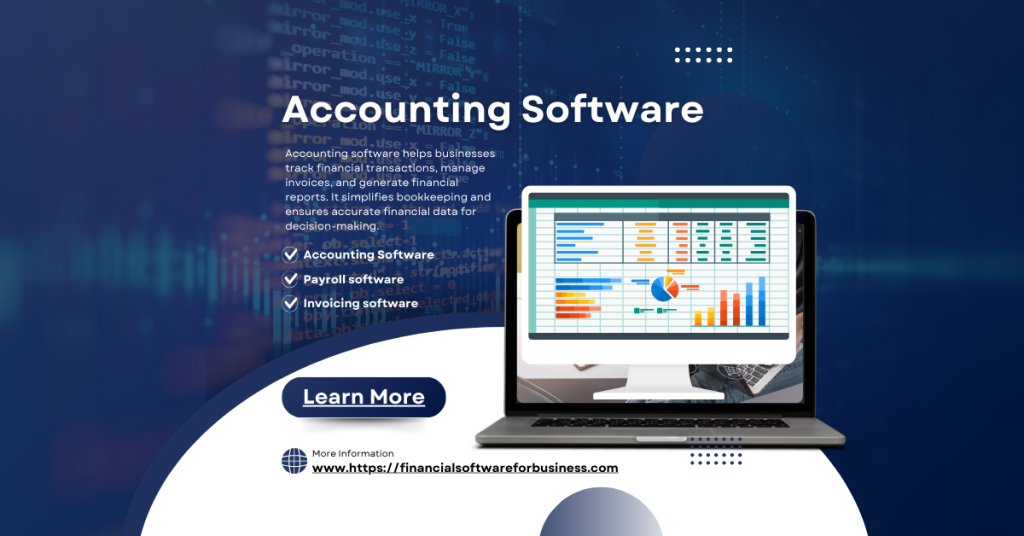Billing software streamlines the process of creating and sending invoices. It automates tasks, reducing manual effort and errors.
Billing software manages invoicing, payments, and financial records with ease. It replaces manual methods, saving time and improving accuracy. Businesses of all sizes benefit from using billing software. It handles various billing cycles and integrates with accounting systems. Users can track transactions, generate reports, and manage customer accounts.
This software often includes features like automated reminders and payment gateways. Understanding how billing software works can enhance business efficiency. It simplifies complex billing processes and ensures timely payments. Let’s dive deeper into the workings of billing software and explore its benefits.

Credit: www.uptech.team
Introduction To Billing Software
Billing software automates the process of creating invoices and tracking payments. It integrates with other systems to streamline financial management. This reduces errors and saves time.
Purpose And Benefits
Billing software helps businesses manage payments. It keeps track of money owed. It also helps send invoices. This makes work easier and faster. Businesses save time and avoid mistakes. The software also helps in organizing records. It improves accuracy. Overall, it makes billing simple.
Key Features
Most billing software comes with important features. Here are some of them:
- Invoice generation: Quickly create and send invoices.
- Payment tracking: Monitor payments received and due.
- Customer management: Keep customer details organized.
- Reporting: Generate financial reports easily.
- Integration: Connect with other software like accounting tools.
Types Of Billing Software
Cloud-based billing software is easy to use. Access it from any device with an internet connection. No need to install anything. Updates happen automatically. Data stays safe on the server. It fits well for small and medium businesses. Costs less in the beginning. Pay a monthly fee. Scalable for growing businesses.
On-premise billing software is installed on your computers. It gives more control over data. Best for large businesses. Higher initial costs. Pay once for the software. Updates are manual. Security depends on your systems. Needs a dedicated IT team.
Core Components
Billing software helps to create invoices quickly. Users can add customer details and product information. The software calculates the total amount automatically. This saves time and reduces errors. Invoices can be sent via email or printed. This makes it easy to track payments.
Billing software helps in processing payments. It supports various payment methods like credit cards and online transfers. The software records each transaction. It ensures all payments are secure. Users can also see a payment history. This helps to manage finances better.
Billing software helps to manage customer information. Users can store contact details, purchase history, and preferences. This data helps in personalizing services. The software also sends reminders for due payments. Good customer management improves relationships and business growth.
Automation And Efficiency
Billing software automates invoicing, ensuring timely payments and reducing manual errors. It streamlines the billing process, enhancing overall efficiency.
Recurring Billing
Recurring billing helps companies charge customers automatically. This saves time and reduces errors. The software stores customer payment details securely. It then processes payments on scheduled dates. This is very useful for subscriptions or memberships. Businesses can set billing frequencies, such as weekly or monthly. The system handles everything with minimal human input. This allows employees to focus on other tasks. Customers appreciate the convenience. They do not have to remember payment dates.
Automated Reminders
Automated reminders help customers remember due payments. The software sends email alerts before the due date. This reduces late payments and improves cash flow. Businesses can customize these reminders. They can include details like due amount and payment link. Customers find this very helpful. It ensures they do not miss payments. This also saves time for the billing department. No need to manually send reminders. The system does it all automatically.
Integration With Other Systems
Billing software often connects with accounting tools. This helps keep track of money. Transactions and payments are recorded. This saves time. It also reduces mistakes. The software updates financial records automatically. Users do not need to enter data twice. This makes the process faster and easier.
Billing software can link with CRM systems. This helps manage customer data. Invoices and payments are matched with customer records. Users can see all customer information in one place. This makes it easier to handle customer queries. It also helps in tracking customer history. Businesses can provide better service with this integration.

Credit: www.highradius.com
Security And Compliance
Billing software uses data encryption to protect information. Encryption changes data into a secret code. Only authorized users can read this code. This keeps data safe from hackers. Both stored and sent data are encrypted. Encryption ensures the privacy of sensitive information.
Billing software follows regulatory standards. These laws protect user data. Software must comply with laws like GDPR and HIPAA. This ensures data safety and privacy. Compliance reduces legal risks. Users can trust compliant software with their data.
Customization And Scalability
Billing software can be changed to fit different needs. This means it can work for small shops and big companies. Each user can set up the software to match their business. You can add or remove features based on what you need. This makes the software very useful for different tasks.
As a business grows, the software can grow too. It can handle more data and more users without problems. This is very important for companies that plan to get bigger. You do not need to buy new software when your business expands. Your current system will still work well.
Choosing The Right Billing Software
Identify what your business needs most. Check if you need invoicing, tracking, or payment processing. List these needs. This helps in finding the right software. Consider your business size. Small businesses have different needs than large ones.
Compare features of different software. Some might offer more than others. Look at the cost. Make sure it fits your budget. Sometimes, the cheapest option is not the best. Check for hidden fees. Read reviews and ask other users.
Implementation And Training
The deployment process is very simple. First, install the software on your computers. Next, connect it with your existing systems. This may include accounting and inventory systems. Make sure all connections are secure. Finally, run a test to check everything works well. Fix any issues before going live. This ensures a smooth start.
User training is very important. Start with basic lessons. Teach how to create and send bills. Show how to update and manage customer data. Make sure users know how to generate reports. Offer practice sessions. This helps users become confident. Provide a manual for reference.

Credit: hellonote.com
Future Trends In Billing Software
AI helps billing software learn from data. This makes billing faster. Machine Learning finds patterns in billing. It can predict future bills. This helps businesses plan better. Errors are less likely with AI. It can spot mistakes quickly. This saves time and money.
Blockchain makes billing more secure. Each transaction is recorded. It cannot be changed. This protects data from tampering. Blockchain also speeds up payments. It reduces the need for middlemen. This saves on transaction fees. Businesses can trust the data. It is always accurate and up-to-date.
Conclusion
Billing software simplifies financial tasks. It automates invoicing, tracks payments, and manages expenses. This tool ensures accuracy and saves time. Small businesses benefit greatly from such efficiency. User-friendly features make it accessible to all. Understanding its workings helps in better utilization.
Adopting billing software can streamline operations. Thus, improving overall business productivity.


